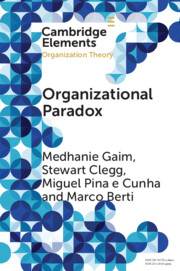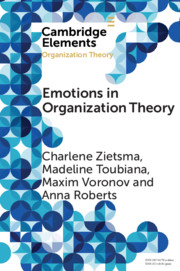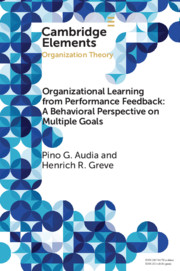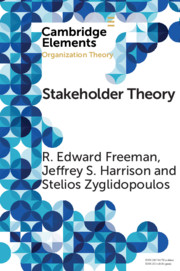Organizational Paradox
Paradoxes, contrary propositions that are not contestable separately but that are inconsistent when conjoined, constitute a pervasive feature of contemporary organizational life. When contradictory elements are constituted as equally important in day-to-day work, organizational actors frequently experience acute tensions in engaging with these contradictions. This Element discusses the presence of paradoxes in the life of organizations, introduces the reader to the notion of paradox in theory and practice, and distinguishes paradox and adjacent conceptualizations such as trade-off, dilemma, dialectics, ambiguity, etc. This Element also covers what triggers paradoxes and how they come into being whereby the Element distinguishes latent and salient paradoxes and how salient paradoxes are managed. This Element discusses key methodological challenges and possibilities of studying, teaching, and applying paradoxes and concludes by considering some future research questions left unexplored in the field.
Product details
September 2022Adobe eBook Reader
9781009313599
0 pages
This ISBN is for an eBook version which is distributed on our behalf by a third party.
Table of Contents
- 1. Background
- 2. Introduction
- 3. Understanding paradox
- 4. Experiencing and responding to paradoxes
- 5. Studying and exploring paradox
- 6. Teaching and applying paradox
- 7. Concluding note
- References.





